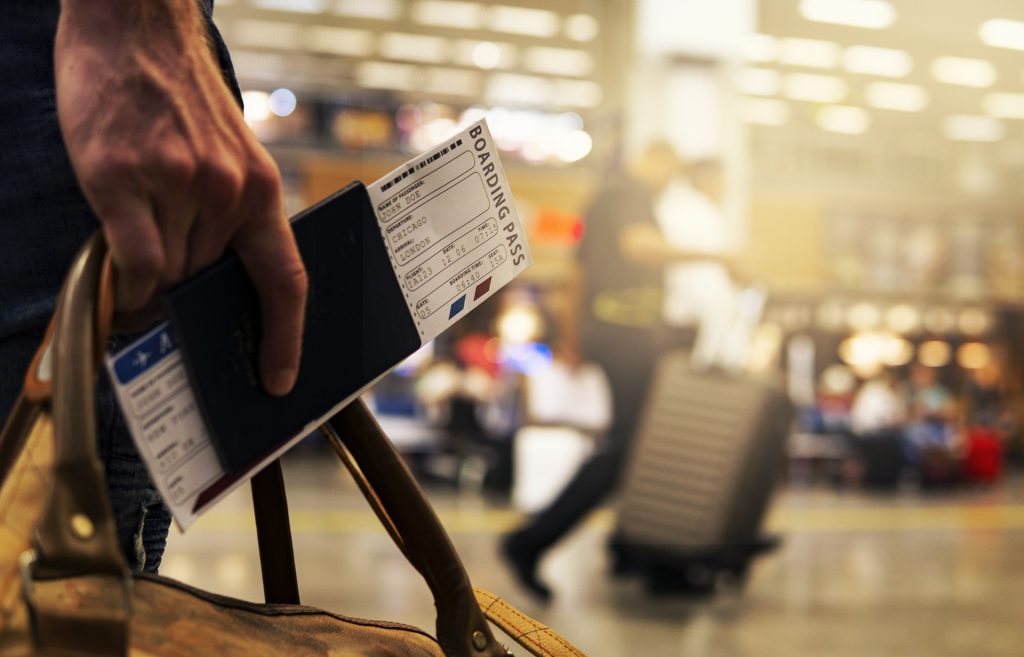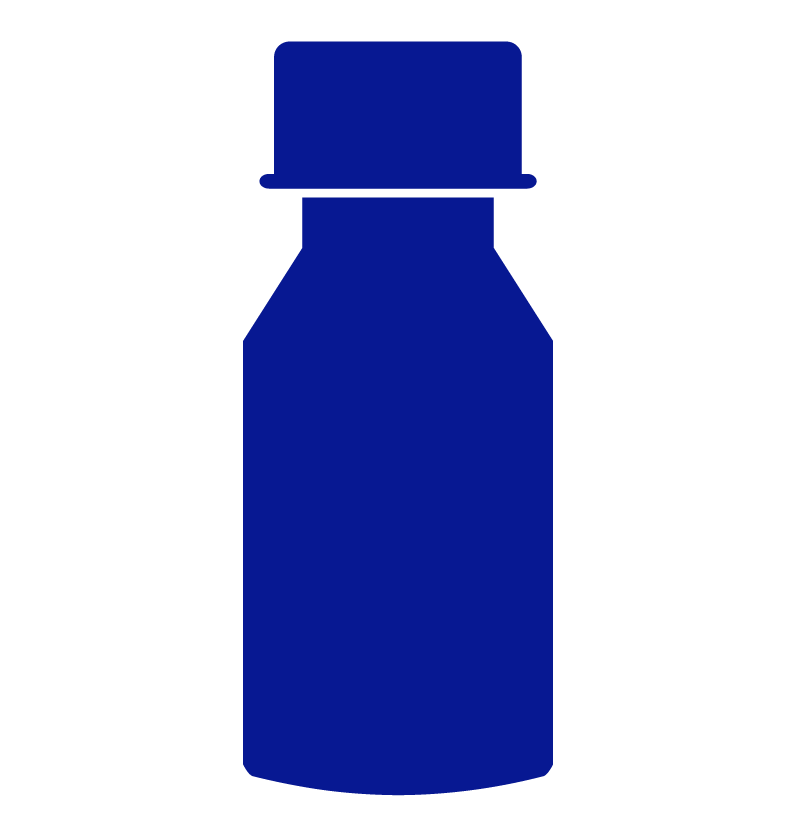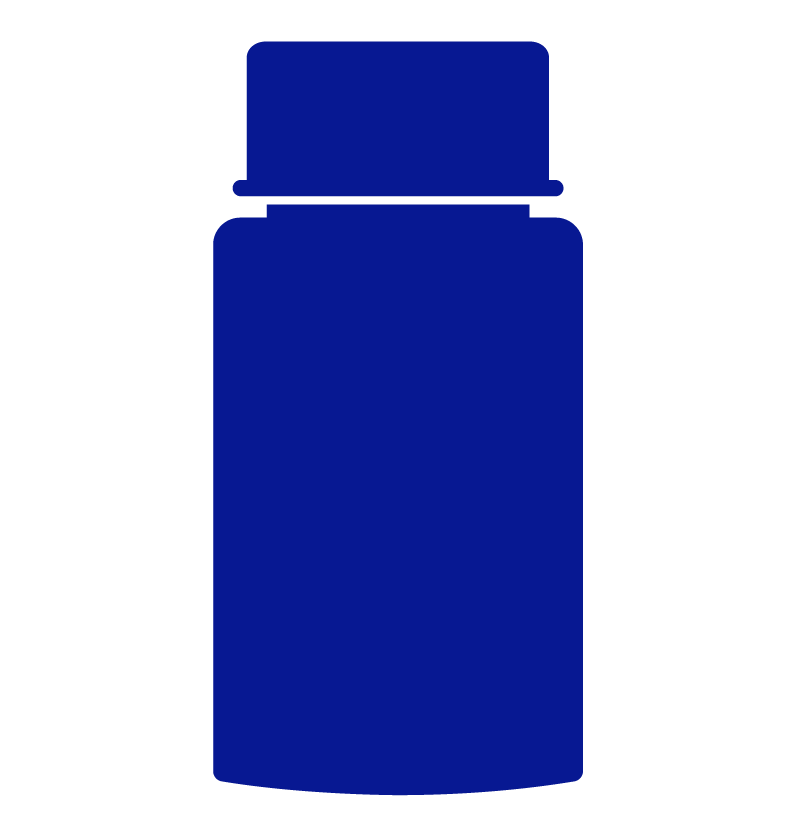Traveling with medicinal cannabis as a Canadian requires proper planning, adherence to legal regulations, and respectful behaviour. By understanding the legal framework, obtaining proper documentation, and familiarizing yourself with destination-specific regulations, you can enjoy your travels while responsibly managing your medical needs.
Understand the Legal Framework
Before embarking on your travels, its crucial to familiarize yourself with the legal regulations surrounding medical cannabis in your destination.
It is illegal to take cannabis – including products containing cannabis, such as edible cannabis, cannabis extracts and cannabis topicals, and all products containing CBD – across the Canadian border, whether you are entering or leaving the country.
When you are travelling within Canada, if you meet the minimum age requirement of the province or territory you are in, you may possess up to 30 grams of dried cannabis or the equivalent.
For travelling within Canada:
1 ) Obtain Proper Documentation
To travel with medical cannabis, you must possess the necessary documentation. Start by obtaining a valid medical document or authorization from a healthcare professional (medical doctor or nurse practitioner). This document should clearly state your need for medical cannabis and specify the recommended dosage. Additionally, ensure you have valid registration with a licensed producer (such as Entourage Health Corp./Starseed Medicinal) and carry any associated documents, such as product receipts.
2 ) Know the Transportation Guidelines
Transportation options can vary when traveling with medical cannabis. If you plan to fly, it’s essential to understand the regulations of the airline you’re flying with. Most airlines require advance notification and have specific guidelines regarding the amount of cannabis you can carry, packaging requirements, and storage limitations. Contact the airline well in advance to understand their policies and make necessary arrangements.
3 ) Pack and Store Cannabis Securely
Proper packaging and storage are crucial when traveling with medicinal cannabis. Ensure that your cannabis is securely sealed and labeled according to Health Canada guidelines. Carry your cannabis in its original packaging, clearly indicating the product details and your name. Additionally, store your cannabis securely in your carry-on luggage to comply with transportation regulations and prevent damage or loss.
4 ) Research Destination-Specific Regulations
Each province and territory in Canada may have its own regulations concerning the use and possession of cannabis. Before travelling, research and understand the rules of your destination. This includes knowing where consumption is permitted, public use guidelines, and any restrictions on cannabis possession. Respecting local laws ensures a smooth and enjoyable experience.
5 ) Plan for Alternative Options
While traveling, it’s essential to plan for contingencies. Consider carrying alternative forms of medical cannabis, such as oils, capsules, or topicals, in case smoking or vaporizing is not practical or permitted in your destination. It is also recommended to follow up with your healthcare provider to get backup prescriptions for pain and sleep while you are away from your medical cannabis.





